Israeli settlers jittery as Palestinian missiles pound occupied territories: Analyst
By Alireza Hashemi
The Israeli regime's failure to stop Palestinian missile attacks on the occupied territories after two months of war has increased the anxiety of Israeli settlers, an analyst says.
Majid Safataj, an analyst and author on West Asia affairs, told the Press TV website in an interview on Friday that the persistent missile attacks by Gaza resistance show the settlers that the occupied territories are not a safe place for them to live.
"The Operation Al-Aqsa Storm began with a totally surprising attack. This showed the settlers that they cannot live safely in the Israeli-occupied territories as long as Palestinians suffer," he says, referring to the heavy casualties the regime suffered and the huge number of soldiers and settlers who were taken captive by Palestinian resistance.
Safataj, who is also an academic, says that since October 7, Gaza resistance has continued to hit areas deep in the occupied territories, including Tel Aviv, and this has heightened the settlers' worries that the occupied territories will never be what they were promised: a so-called secure homeland for Jews.
"Now, more than two months later, this has become the longest war that Israel has ever fought in its 75-year history. Despite its air superiority and intense bombardments, the regime could not stop Palestinians from launching missiles and drones," he says.
"This sends a message to the settlers. They were enticed to move from all over the world to Israel by Zionist leaders who claimed they could live a quiet and easy life in the occupied territories as a national homeland for Jews. But that has turned out to be a false promise," he says, citing reports of frightened settlers fleeing to airports to escape the occupied territories after the Hamas attack.
Israeli media reported on Thursday that around half a million people have left the occupied territories before or during the war and have not come back yet.
Meanwhile, the Al-Qassam Brigades, the military wing of Hamas, keep firing missiles at illegal settlements around Gaza and major cities like Tel Aviv. In one of the recent attacks, the brigades targeted Tel Aviv on Tuesday, and Israeli media reported that dozens of missiles hit the city and caused damage.
Israeli regime's PR disaster amid atrocities in Gaza
Safataj says the Israeli regime's relentless bombardment of Gaza, which has turned large parts of the coastal strip into rubble, is a sign of desperation after the regime suffered a humiliating defeat on October 7.
"The Operation Al-Aqsa Storm was not only a military or intelligence defeat. It was also a psychological defeat that left the regime confused and paralyzed. They did not know how to fix things. They decided to launch a crazy bombing campaign on Gaza, but these brutal attacks woke up the world," he says.
The analyst says these bombardments, which have killed more than 17,000 people, have exposed the true face of the regime, shifting global public opinion against it.
"Even billions of dollars spent on portraying the true nature of the brutality of Apartheid Israel could not have had such an impact. The regime is now heavily isolated. The onslaught is so barbaric that even the most loyal supporters of the regime in the US Congress have a hard time justifying and covering up its crimes," he says.
As the casualties of the two-month onslaught on Gaza rise rapidly, there have been increasing calls worldwide for Israel to stop its attacks.
But Israeli leaders have ignored all those calls, and the regime's warplanes have intensified their bombardment of targets across the densely populated coastal territory in one of the heaviest stages since Israel started its military campaign.
Hamas says the regime has failed to achieve any real achievements and thus it has resorted to fabricating achievements by targeting hospitals and major Palestinian cities.
Safataj concludes that Israel cannot achieve its main goal of eliminating the resistance movement Hamas, arguing that the regime has been constantly attacking Palestinians for the past 75 years and no group like Hamas should have emerged and become so powerful under such conditions.
"Israel has waged many wars on the resistance over the past several decades, but the resistance has always become stronger and stronger," he says, stressing, "This latest war will be no different."
US fighter aircraft shot down ‘in friendly fire’ amid aggression on Yemen
Yemeni FM: Israel’s sponsors accountable for ongoing aggression on Sana’a
Eight Palestinians killed as Israel attacks Gaza school, hospitals
VIDEO | Rome, Milan host new protests in solidarity with Palestinians
Dec. 21: ‘Axis of Resistance’ operations against Israeli occupation
Spain jurists demand ties with Israel ties be cut
VIDEO | Press TV's news headlines
VIDEO | Iran honors top Science Olympiad medalists


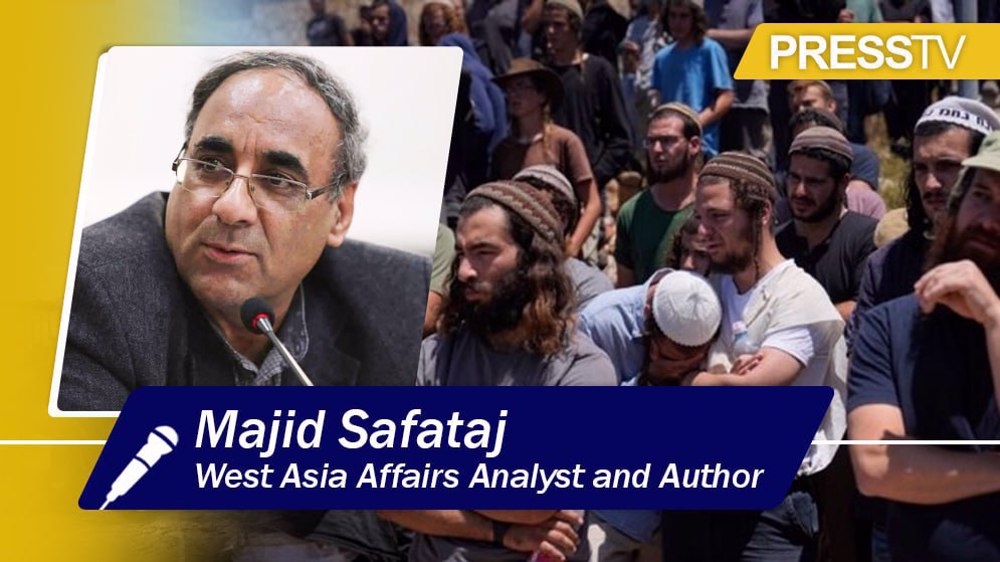



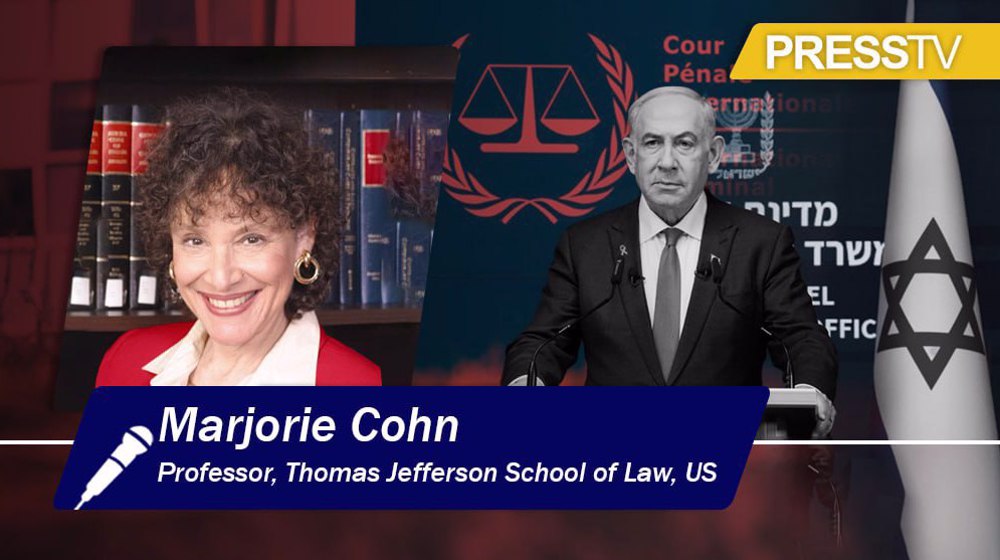




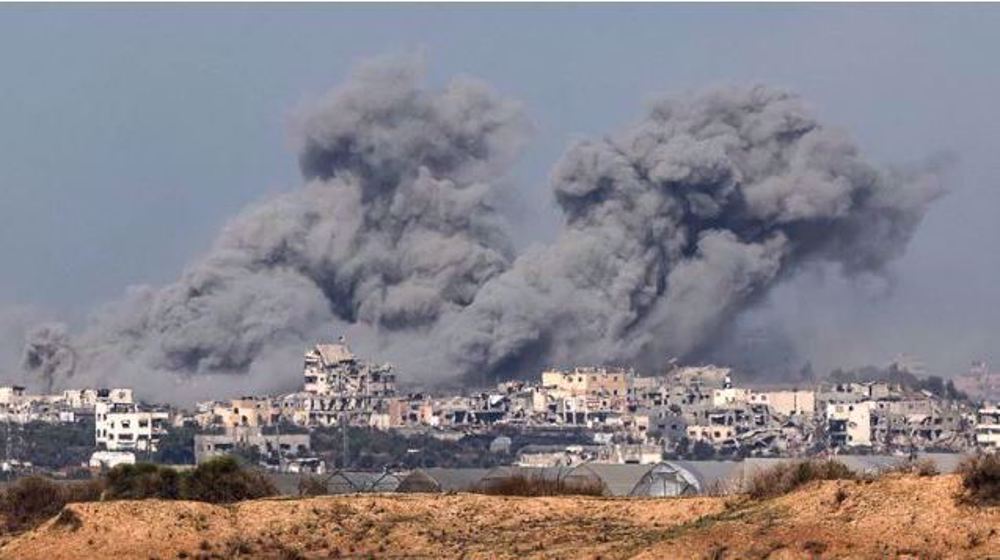

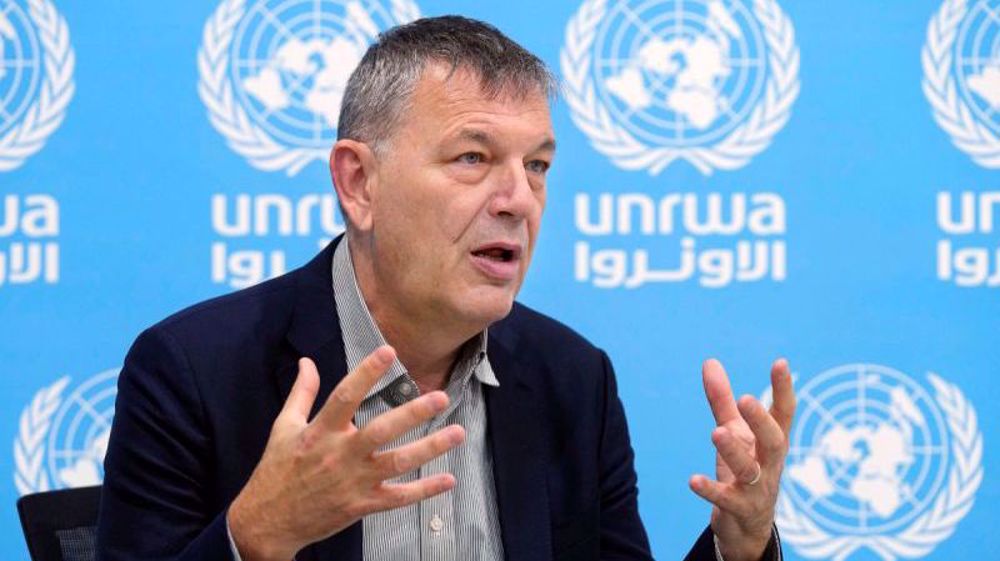

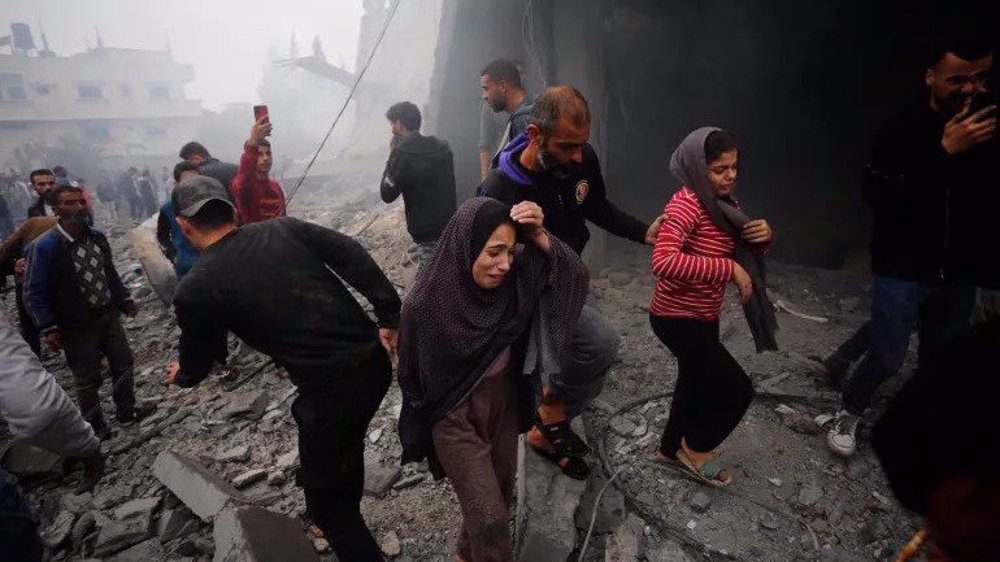
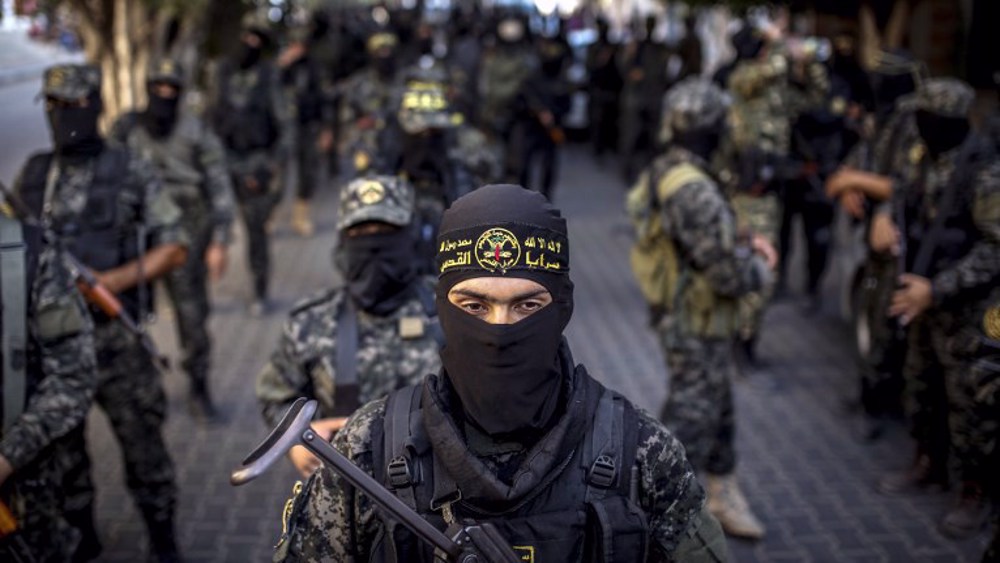
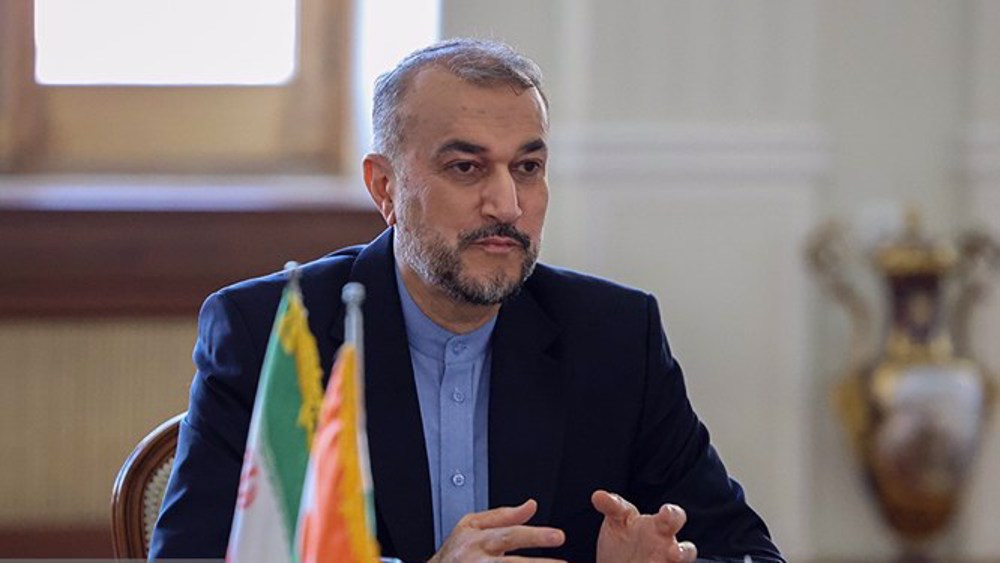

 This makes it easy to access the Press TV website
This makes it easy to access the Press TV website